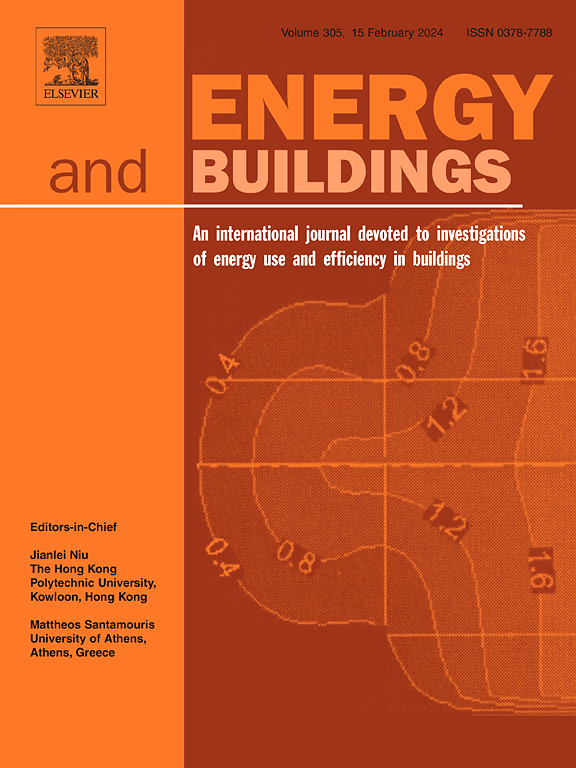Ensuring real-time data integrity in smart building applications: A systematic end-to-end comprehensive pipeline evaluated in numerous real-life cases
IF 6.6
2区 工程技术
Q1 CONSTRUCTION & BUILDING TECHNOLOGY
引用次数: 0
Abstract
In this study, we propose a comprehensive, end-to-end data healing pipeline, developed and tested in real buildings facing diverse severity problems. This pipeline is designed to ensure the accuracy and reliability of smart building data in a fast and responsive manner, using computationally lightweight statistical approaches for outlier detection and LightGBM for data imputation. Both methods are optimized for low computational cost, making them ideal for real-world scenarios requiring immediate feedback and capable of handling very large datasets efficiently. Our system is designed to operate automatically, capable of applying real-time data processing and periodic model updates without manual intervention. It was evaluated using Key Performance Indicators over nine weeks across five smart buildings in the EU, revealing discrepancies in performance across different time periods and buildings. These findings highlight the need for tailored data healing strategies for varying dataset sizes, ultimately enhancing data quality for more reliable analyses and informed decision-making. The implementation of this pipeline contributes to more accurate energy usage, improved occupant comfort, and more efficient building operations, supporting the broader goals of sustainability and energy efficiency in smart buildings.
在本研究中,我们提出了一个全面的端到端数据修复管道,并在面临各种严重问题的真实建筑中进行了开发和测试。该管道采用计算轻量级统计方法进行离群点检测,并使用 LightGBM 进行数据估算,旨在以快速响应的方式确保智能建筑数据的准确性和可靠性。这两种方法都针对低计算成本进行了优化,因此非常适合需要即时反馈的现实世界场景,并能高效处理超大数据集。我们的系统设计为自动运行,能够应用实时数据处理和定期模型更新,无需人工干预。我们使用关键性能指标对欧盟的五座智能建筑进行了为期九周的评估,发现不同时间段和不同建筑的性能存在差异。这些发现突出表明,有必要针对不同的数据集规模制定量身定制的数据处理策略,最终提高数据质量,以进行更可靠的分析和更明智的决策。该管道的实施有助于提高能源使用的准确性、改善居住舒适度和提高楼宇运营效率,从而支持智能楼宇可持续发展和能源效率的更广泛目标。
本文章由计算机程序翻译,如有差异,请以英文原文为准。
求助全文
约1分钟内获得全文
求助全文
来源期刊

Energy and Buildings
工程技术-工程:土木
CiteScore
12.70
自引率
11.90%
发文量
863
审稿时长
38 days
期刊介绍:
An international journal devoted to investigations of energy use and efficiency in buildings
Energy and Buildings is an international journal publishing articles with explicit links to energy use in buildings. The aim is to present new research results, and new proven practice aimed at reducing the energy needs of a building and improving indoor environment quality.
 求助内容:
求助内容: 应助结果提醒方式:
应助结果提醒方式:


